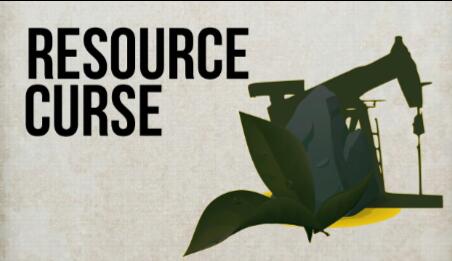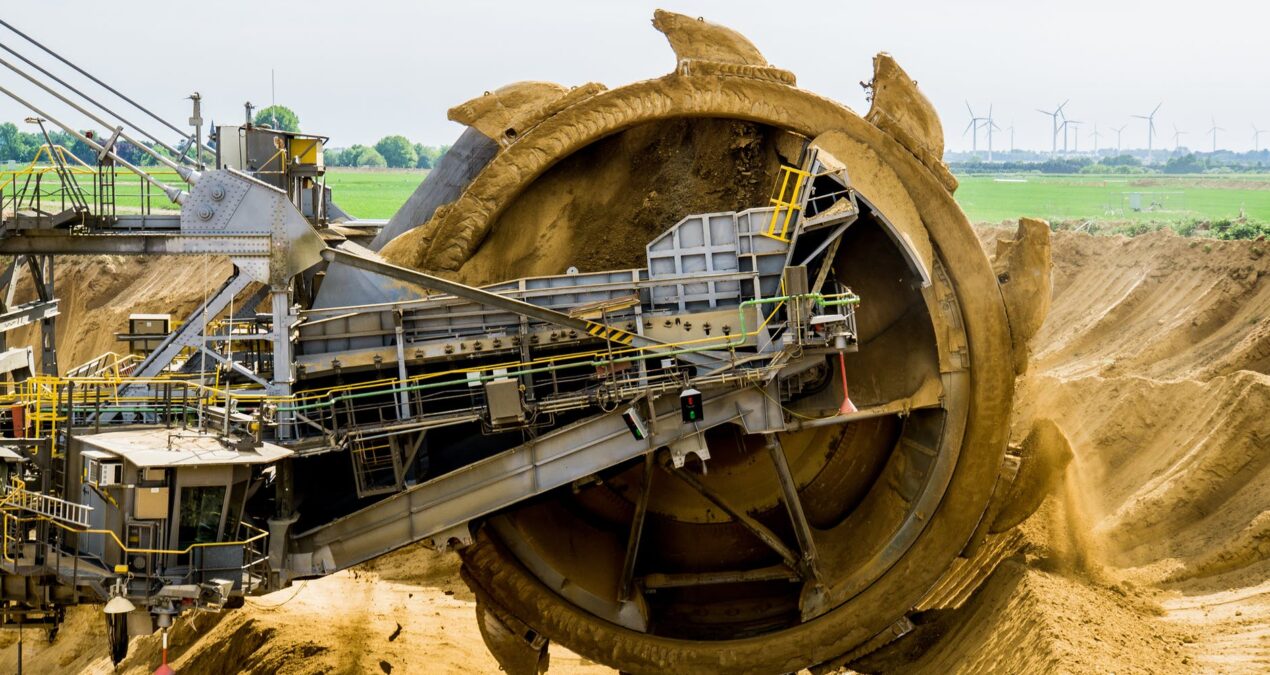The whole world is talking about Afghanistan these days… So many questions are again hitting back now after the Taliban attack and now takes over Afghanistan… Why Afghan government failed to monetize mineral reserves while Taliban earned millions… Why rare earths are so important… Why China dominates the world in the matter of rear earths and why is coming in support of the Taliban… Let’s discuss and get the answer of such many questions here…
Afghanistan Last few Updates: You might have already heard a lot about what’s happening in Afghanistan. A group there called the TALIBAN has now taken the full control over the country just as US troops are leaving it. Leave explains what exactly is going on… the mob rush to leave Afghanistan to save their life and are afraid of what might happen next. Taliban fighters have seized presidential palace and taken control of nearly all of the country just over a week.

The fighting here goes back decades; the US invaded the country back in 2001, believing those responsible for the 9/11 terrorist attacks in New York and Washington were hiding and training there. At the time Afghanistan was controlled by Taliban, an extremist Islamic group who tried to control lots of aspects of people’s lives from banning the flying of kites to stopping girls from going to school.
The US and its allies including Australia fought to remove Taliban from power. A new Afghan government was put in place but years on the Taliban never completely went away. Eventually, the US agreed to withdraw the last of its troops and leave power to the new Afghan government. But as they left the country last week, the Taliban quickly gained more power and control.
Now let’s come to the Rare Earths, The battle of why rare earths are so important?
Rare Earths: Rare earths are group of 17 metallic elements with obscure names such as lanthanum and terbium. They are actually relatively plentiful in the earth’s crust. However, their Geo-chemical qualities mean they tend to be widely dispersed, making them relatively difficult to mine and process profitably, hence the name.

As a group, they tend to have high melting and boiling points. But it is when they react with other elements that they become really useful. In fact, they’re indispensable for many electronic, optical and magnetic applications and currently irreplaceable for modern devices such as electric vehicles and mobile phones. They are also vital for the defense industry.
Mineral deposits in Afghanistan…
Decades of war has left Afghanistan’s mining sector undeveloped. Huge untapped mineral reserves of Afghanistan now in Taliban’s control. Afghanistan sits on more than $1 Trillion worth of mineral wealth. In 2010, US military official and geologists revealed that Afghanistan has huge reserves of minerals and these major worth of mineral deposits have now slipped into the Taliban’s hands.
As per reports, supplies of minerals such as gold, copper and iron are scattered across Afghan provinces. The country sits on the huge reserves of rare earth minerals including lithium. Afghanistan is estimated to have the world’s biggest deposits of Lithium that could rival those in Bolivia.
Demand for metals such as cobalt and lithium is soaring as nations scramble to switch to clean technologies. According to The International Energy Agency (IEA), the world needs a boost in supplies of lithium, copper, nickel and cobalt.
Without ample global supply of rare earth minerals used in clean tech, attempts to tackle climate change could fail. China, Australia and the Democratic Republic of Congo account for 75% of the global supply of lithium, cobalt and rare earths.
Will other countries invest in Afghan mining industry despite chaos?
Access to huge mineral reserves could be an incentive for nations to invest in Afghanistan despite Taliban takeover induced chaos. At present, minerals are estimated to generate $1 billion per year in Afghanistan, 30 to 40% of which is shipped off due to corruption.
Taliban may decide to tap these natural resources to boost its wealth and control on the nation. As per reports, countries including China, Pakistan and India may try to engage in mining in Afghanistan.
Lithium Extraction: Opportunity for China?
Unlike gold and copper, Lithium extraction requires much greater investment. As per the data of the IEA (International Energy Agency), it will take 16 years on an average to discover a deposit fir a mine to start production. China has revealed its intention to develop friendly relation with the Taliban. China is the world leader in mining rare earth minerals and may seek opportunities to tap into Afghanistan’s resources.

Lithium, Why so important to know about?
- Lithium is an essential component in rechargeable batteries.
- Lithium metal is used in technologies vital in to tackle the climate crisis.
State of the Afghanistan economy
As of 2020, 90% of Afghan’s population was living below the poverty line. The poverty of $2 per day was set by the former Afghan government. The World Bank described Afghanistan’s economy as “shaped by fragility and aid dependence”.
With the return of the Taliban, the slow progress of private sector development and diversification has come to halt. Danger of a “resource curse” looms over Afghanistan.
What is Resource Curse?
- “Resource curse” refers to countries that under-perform economically despite having natural resources.
- Such countries focus only on resource-dependent sector.
- This makes an economy heavily dependent on prices of particular commodity.
- Economic fluctuations occur if the prices of commodities fluctuate.
- Once resources have been exploited, not much is left to propel the economy.
- To eliminate “resource curse” Saudi Arabia has successfully diversified local industries.

Many African countries faced political instability and corruption as other counties and foreign companies tries to exploit their reserves.
Downside of having huge mineral deposits in unstable nation
- Insecurity
- Political instability
- Weak institutions
- Widespread corruption
- Hostile business environment
Mining could be ecologically devastating and locals living around mining sites may suffer, especially under an autocratic regime.
Why Afghan Government failed to monetize Rare Earth Mineral?
Most of the valuable mineral resources are found in Afghanistan, as per the government Afghan have mineral reserves worth billions of dollars but prolonged state of war have prevented the government from monetizing them. But that has not stopped the Taliban.
Mining has been a major source of revenue for them and now in the middle of reconciliation talks in Doha, they are ramping up production. Beneath Afghanistan’s war-torn surface is a treasure trove unbeknownst to many. The country’s mineral wealth reportedly runs into trillions of dollars.
Undiscovered Reserves of Afghanistan
- LAPIS LAZULI in Northern Badakhshan
- Gold, Lead and Zinc in Helmand
- Talk and Marble in Southern Nangarhar
Afghanistan’s mineral wealth is both vast and diverse, and the government failed to monetize these reserves but guess who hasn’t? The Taliban. 400 million dollars, that’s how much the Taliban mines from Afghan soil in comparison, the government rakes in poultry 42 million dollars. So what explains this gulf for starters… the government has never been able to ensure the security of mines… no security, no foreign investments…
The industry is also plagued by corruption and inadequate infrastructure, on the other hand the Taliban are like a well-oiled machine. They hand out licenses, organize labor and control productivity at mines under their control. Even as reconciliation talks continue in Doha, the Taliban are pushing the frontiers of their territory hoping to bring more mineral-rich lands under their control.
For the government, these reserves are a lost opportunity, despite having trillions of dollars beneath their feet; the country continues to remain dependent on foreign aid. There is another problem with letting the Taliban operate mines abuses. They are not bound by international labor laws or human right standards.









Anonymous
China is trying to normalise a terrorist organisation aka Taliban to gain control over Afghanistan and make it another puppet.
Krishna Murari Mishra
Good subject chosen, but is this good for World that Taliban have captured these things and China will involve and interfere in Afghanistan to capture like some other Asian and African countries?
Prerna Mishra
China ??????